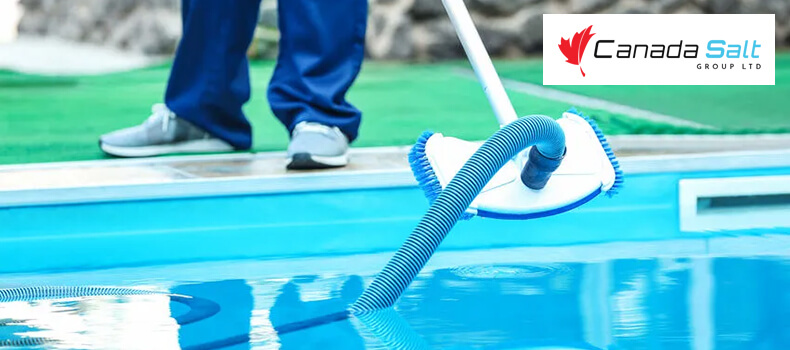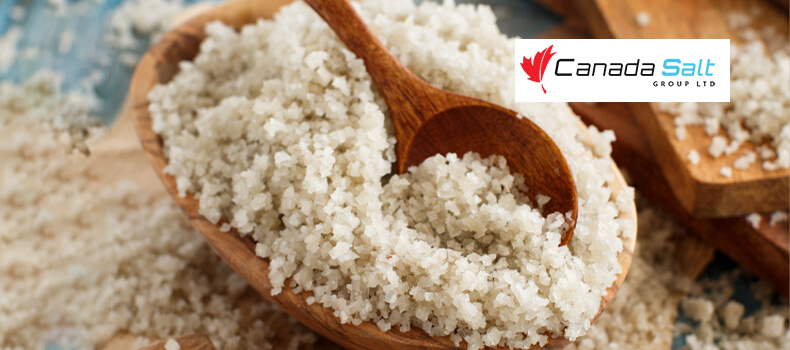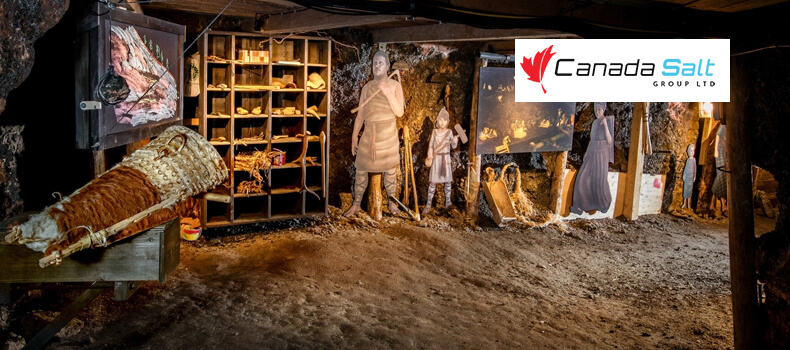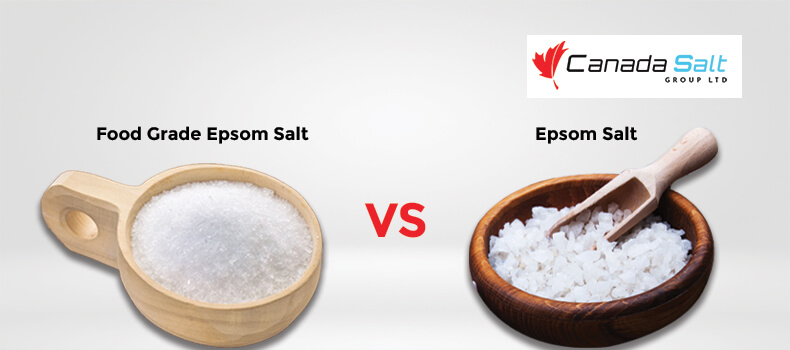How To Clean A Salt Water Pool?
For any house, a swimming pool is always a fun place for all the family members to hang out in the hot sunny climatic conditions. Apart from traditional pools, saltwater pools are now preferred as they are best for skin and hair and easy to maintain. Saltwater pools have many benefits, which include softer water and less maintenance. Read on to learn about the maintenance and how to clean a salt water pool to enjoy the pool for a long time.
How To Maintain A Salt Water Pool?
For any saltwater pool, the important parts are the filter, pump, and skimmer, and there is a need to keep all these parts in good and clean condition for proper maintenance of the pool. An inspection of chlorine level is also crucial for saltwater pools, and replacing salt cells should be done when needed. Water chemistry also needs to be tested regularly to have a clean and pure salt water pool.
Chemistry Of Salt Water Pools
Testing strips test the water and adjust to balance your pool’s chemistry. For the saltwater pool, always test for free chlorine, salt, pH level, alkalinity, and total hardness of the water. The salinity level of your swimming pool should be only 3000 ppm which is much less than the level of human eye tears.
Things To Remember While Cleaning Pool
Compared to traditional pools, saltwater pools are easy to maintain, which does not mean there is no maintenance. There are daily, weekly, and monthly tasks on your pool.
1. Daily Tasks
While cleaning your pool, one should make it a habit to clean it daily. If you see any visible debris, remember to skim them. Don’t forget to clean the skimmer and empty the pump basket for your saltwater pool.
2. Weekly Tasks
Every week the pool should be tested for pH and chlorine levels. Normal chlorine level is between 1 to 3, and pH level is 7.2 to 7.6. Testing strips are available to check pH and chlorine levels, and the generator is to be adjusted for having proper chlorine levels. The pH level can be lowered by using muriatic acid and sodium carbonate to raise the pH level.
3. Monthly Tasks
Salinity, stabilizer, calcium, and alkalinity levels should be tested every month. The salinity of the pool should be between 2700 to 4500. The alkalinity level should be 80 to 120 ppm. The hardness of the water should be between 200 to 400 ppm to prevent scaling and corrosion. Cyanuric acid is generally used as a stabilizer, and the level should always be between 80 and 120 ppm.
Other Maintenance Tasks For Salt Water Pools
For any saltwater pool, it is important to keep the pump, filter, and skimmer clean and in good condition. All the parts work together for the proper functioning of water in your pool, and make sure to clean all these regularly as the debris keeps on accumulating. Salt is a corrosive chemical, and the pool generator cell might become scaly due to salt build-up. The generator cell should be cleaned with a high-pressure water hose or scraped off using a plastic tool. This helps the salt circulate through your pool well.
Clean The Dirt Of Saltwater Pool
Dirt and debris can accumulate in any pool, and there is a need to remove them regularly. Dirt removal is important, and debris should be removed from the surface using a vacuum or mechanical cleaner. Pools should get cleaned 2 to 3 times per week. An uncovered pool may need more cleanings or take longer to clean, as it is more open to catching leaves and other debris. Algae also get developed in the pool, and it can be removed by using a simple algae brush to prevent further growth, algaecide can be used.
Use Shock Solution To Clean Salt Water Pool
Shocking your pool is just like deep cleaning, and the process can be carried out at the start of the summer season. A pool gets shocked with a solution made of chlorine and water. Be sure to use a chlorine brand that is safe for saltwater pools. You want to ensure you use the right amount of chlorine for your pool size.
Conclusion
Saltwater pools are increasing rather than the traditional swimming pools. Saltwater pools offer many advantages, and proper cleaning and maintenance of pools are necessary to enjoy the full benefits. Salt chlorine generators use salt in a pool to convert produce the chlorine required for the pool, and also one should follow the above tips to clean the saltwater pool in the house’s backyard. If you are a homeowner looking for pool salt for your pool, you need to contact Canada Salt company, a salt supplier all over Ontario and Canada. Contact us for more details.





